These four novels share a few obvious characteristics: they are set in London in the years around the World Wars, they follow the adventures of young women coming into their own in a challenging social milieu and were written by women near those times. These were contemporary novels of their day. Cold Comfort Farm, particularly, is one of novels I return to and recommend time and again. Written in part as a satire of the dreary melodramatic agricultural novels (those of best-selling Mary Webb for one, and to some extent, D.H. Lawrence) of the time -- 1932 -- the novel is full of wonderful writing and invention. We should all be so lucky as to have Flora Poste applying the Higher Common Sense to our problems: " 'Nonsense!' said Flora. 'Nature is all very well in her place, but she must not be allowed to make things untidy.'" The spritely 1996 film version is also well worth watching. I found Rebecca Hume at a used book store, and having some vague recollection of the name (it's shameful what large chunks of history are missing from my education), I brought it. Of course, I know now that (Dame) Rebecca West was one of the intellectual lights of her time, a reporter, essayist and novelist, who drew on her affair with H.G. Wells for this odd little novel, which she subtitled "A London Fantasy." Not that this is a roman-a-clef, instead, it's a surreal story about a woman who is granted a telepathic view into her lover's mind -- not at all a blessing. While it's not a book I return to, it's one of those original stories that surprises and lingers. Mary Renault's The Bull from the Sea and A Mask for Apollo are just two of a series of compelling historical novels set in Ancient Greece that made the rounds every other year or so through my book-loving family. Bringing to life the stories of Theseus, Alexander the Great, the Peloponnesian Wars, Renault fueled my (our) interest in archeology, mythology, and the classics of Western Civ. In contrast, The Friendly Young Ladies parallels Renault's own life during the end times of the British Empire: it's the story of a girl who runs away to London to spend time with her estranged older sister. Like Renault herself, the older sister is working as a writer and living with a woman. The subtleties of the older sister's love-life escape the younger sister (as they also, evidently, proved too subtle for some reviewers at the time), to humorous effect, but the novel is not so much about sexuality as about decisions on making a decent life, taking responsibility and generally, growing up. It's surprising to imagine this book published in 1944, when Radcliffe's Well of Loneliness was still banned as pornography in the UK, and "sexual inversion" was considered criminal and corrupt. I'd heard about this novel, but didn't find it until Vintage Books reissued The Friendly Young Ladies in 2003, twenty years after Renault died. Making me grateful once more to be living now, here. Although Dodie Smith is famous for writing The One Hundred and One Dalmatians, she worked primarily a playwright. She wrote I Capture the Castle while living in Pennsylvania in the 1940's, homesick for England. I first read this novel at age eleven or twelve; it was one of my mom's books. The narrator's determination to write despite the slow grind of genteel poverty -- well, I'd say it inspired me, but that doesn't quite cover my pre-teen identification with young Cassandra, living in a crumbling castle with her sister and her mad father and her dramatic, odd, nature-loving step-mother.
0 Comments
Leave a Reply. |
About the Blog
A lot of ground gets covered on this blog -- from sailboat racing to book suggestions to plain old piffle. FollowTrying to keep track? Follow me on Facebook or Twitter or if you use an aggregator, click the RSS option below.
Old school? Sign up for the newsletter and I'll shoot you a short e-mail when there's something new.
Archives
June 2024
Categories
All
|
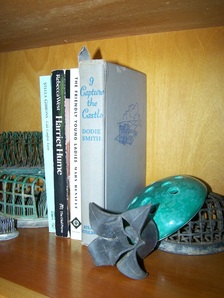
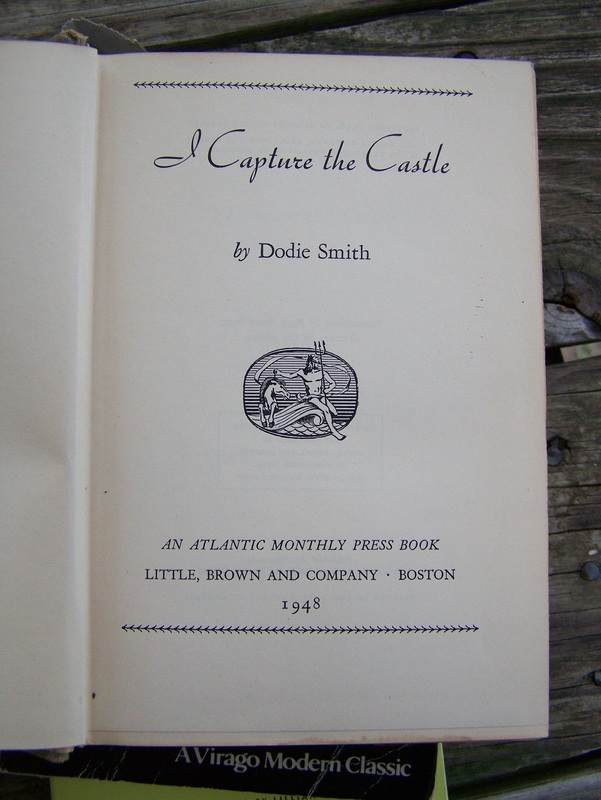
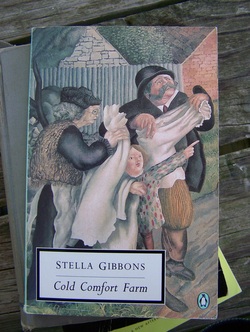
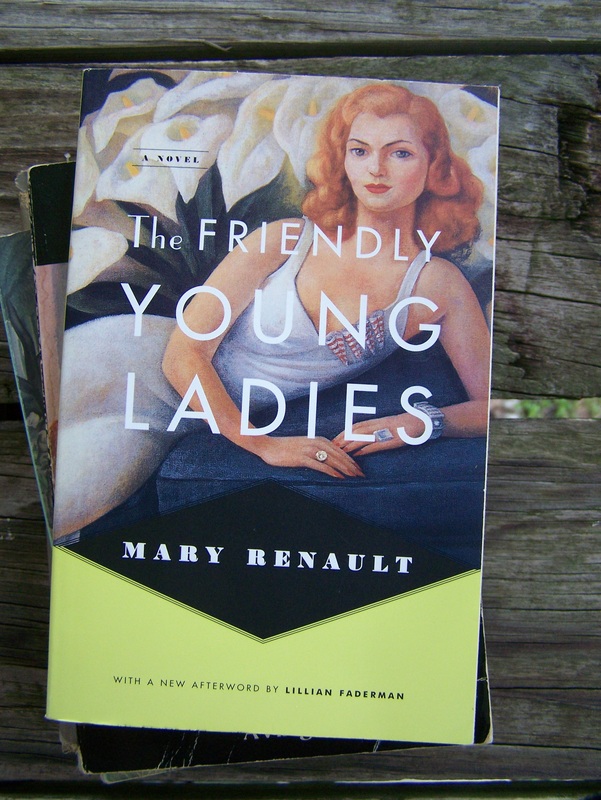
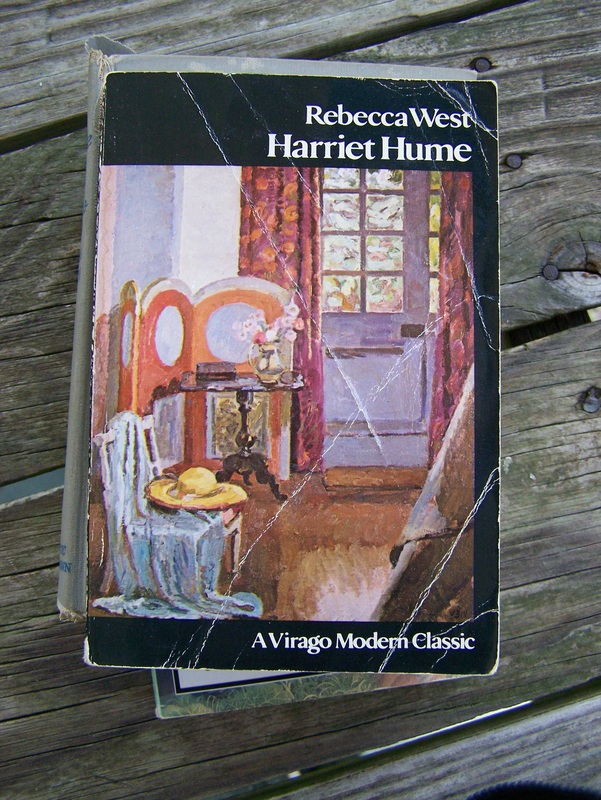
 RSS Feed
RSS Feed
